Facebook launched the beta test of its Arcade app back in May, which was a Windows-based option for playing mostly casual games already found on Facebook’s Game tab. In it’s November full release, Facebook Gameroom got a new name and was (finally) made available for download.
Gameroom uses Unity in a stand-alone Windows-based app for hosting selected categories of many recognizable mobile games. On that premise, it can be compared it to the more hardcore-gamer-targeted Steam.
(Facebook Gameroom)
(Steam)
Gameroom’s user interface is definitely similar to the classic 2009 look of the popular download site. Menu options, searchable categories and colorful teasers to attract the eye are all here.
But for now, Facebook is limiting games to 200mb downloads, except for a few select titles that top out at 500mb. However, you likely won’t recognize a lot of the early titles unless you’re a big-time casual gamer, although many of the offerings are familiar color-matching and hidden object games.
But, there are some of the more well-knowns like Candy Crush, Star Wars: Commander, and numerous Disney games.
This IS Your Grandma’s Gaming App
While some have questioned Facebook’s wisdom in creating what seems like a dated UI offering a limited selection of free-to-play clones, it’s easy to see why.
The casual community exploded over the past couple of years (perhaps to the chagrin of hardcore console players), but gaming companies smelled the money. After all, it takes years and millions to create AAA level franchise titles that could easily bomb at the register.
Even Free-to-Play apps are a lot less expensive and quicker to produce, and with the right revenue stream, can generate a much higher profit margin. So like it or not, hardcores, casuals are the go-to market right now.
And by tying in the Unity-based platform to Facebook profiles, devs can retain user interactions with each other while not dragging down their social interface with clunky browser-based game lag.
So, it was a logical step for Facebook to embrace their millions of casual gamers by creating a platform for them to access, but also establish a base for game developers to work from.
Damn You, Facebook
The idea of playing mobile apps in a Windows PC environment is asinine and backward, but I still downloaded a copy of Facebook Gameroom to my laptop to try it out.
And damn it if I’m not using it. And using it. And using it.
At home or at my desk, I find I prefer to use Windows since I have the bigger screen and won’t burn my data plan. And games I play are listed right there for quick access.
Yes, these games are meant to be mobile, but I end up playing games like Star Trek: Timelines on both.
Gameroom has not replaced my mobile gaming as much as enhanced it.
A majority of the mobile titles I enjoy like Injustice: Gods Among Us or Star Wars: Galaxy of Heroes are currently NOT on Gameroom. And no one is ever going to be walking around with a laptop playing Pokemon GO. But, there is something liberating in having another option, even if ties you down to a PC or laptop.
If You Download It, They Will Come
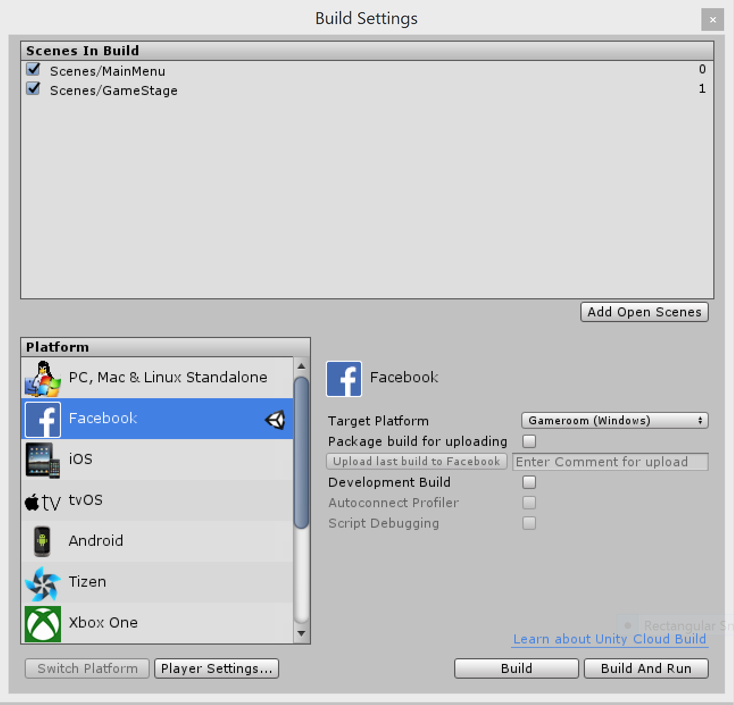 Like Steam, Facebook Gameroom presents an opportunity for the independent developer to have an outlet for a product that could otherwise get lost on iTunes and GooglePlay.
Like Steam, Facebook Gameroom presents an opportunity for the independent developer to have an outlet for a product that could otherwise get lost on iTunes and GooglePlay.
In fact, Facebook For Developers added a Unity Build option for game creators so they can export their application directly to Gameroom. It also included in-game purchase options for Free-to-Play games.
And on a such a platform, new companies get a more level playing field when competing against the bigger studios.
In fact, Gameroom even presents an option for Mac developers (though playable Mac games are not available yet).
Look Around You
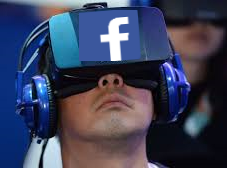 Another speculation is that Facebook wanted to create a stand-alone application for VR as their Oculus development moves forward.
Another speculation is that Facebook wanted to create a stand-alone application for VR as their Oculus development moves forward.
After all, they paid a pretty penny for it ($2b) and trying to run large, unwieldy 3D apps in a browser environment would seem to spell potential doom.
There’s definitely room for Gameroom to grow and while the Steam-like layout appears dated, they’ve laid a foundation to build on moving forward.
An Empty Room?
So far, the Gameroom page on Facebook has only about 250,000 likes. While that won’t equate to the number of actual downloads and users, it doesn’t exactly bode well for the first two months. Especially, when popular casual games can have over 50,000,000 plus monthly users.
But, if Facebook has long-term plans for a stand-alone gaming app, then the foundation has been laid. What they plan to do with it, remains to be seen.
Have you tried Gameroom? Would you use Gameroom if your favorite mobile app was on it?

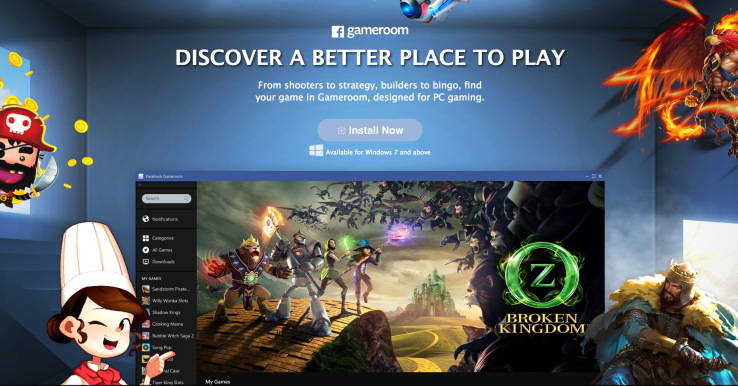
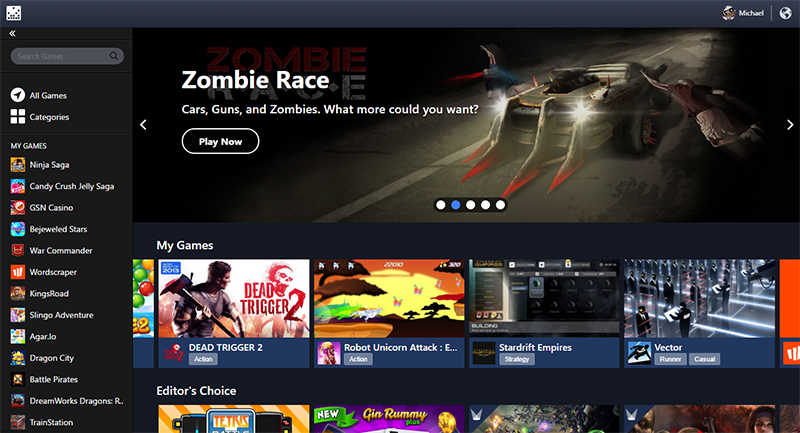
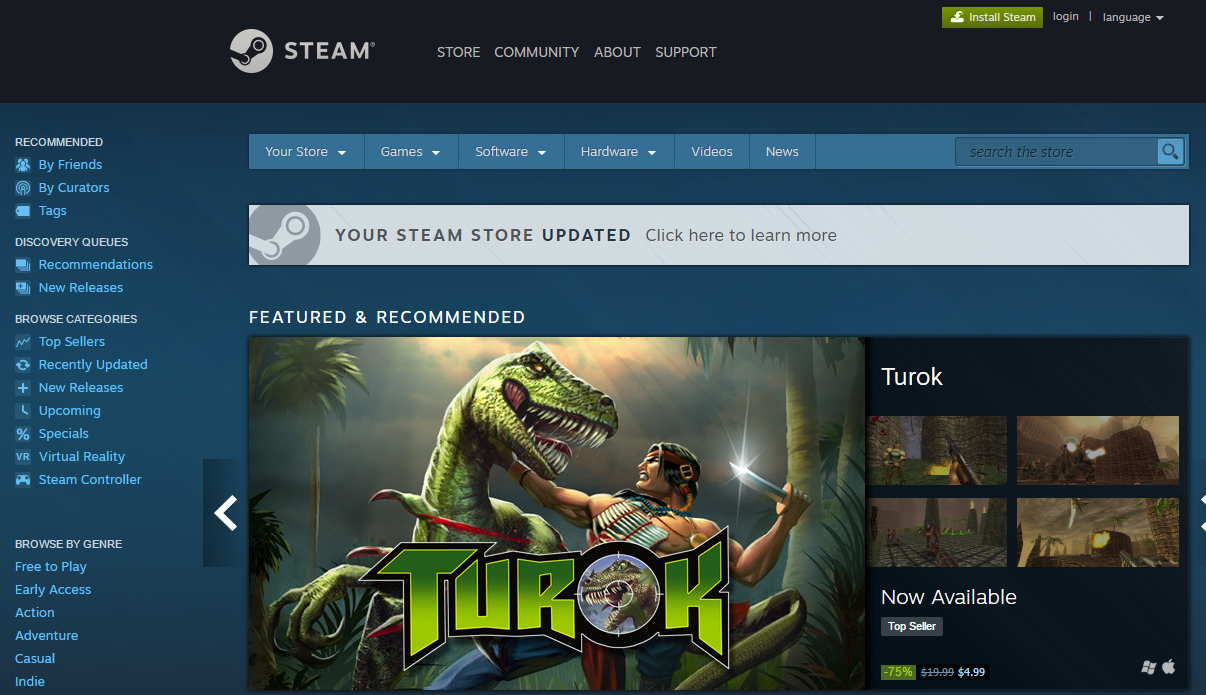
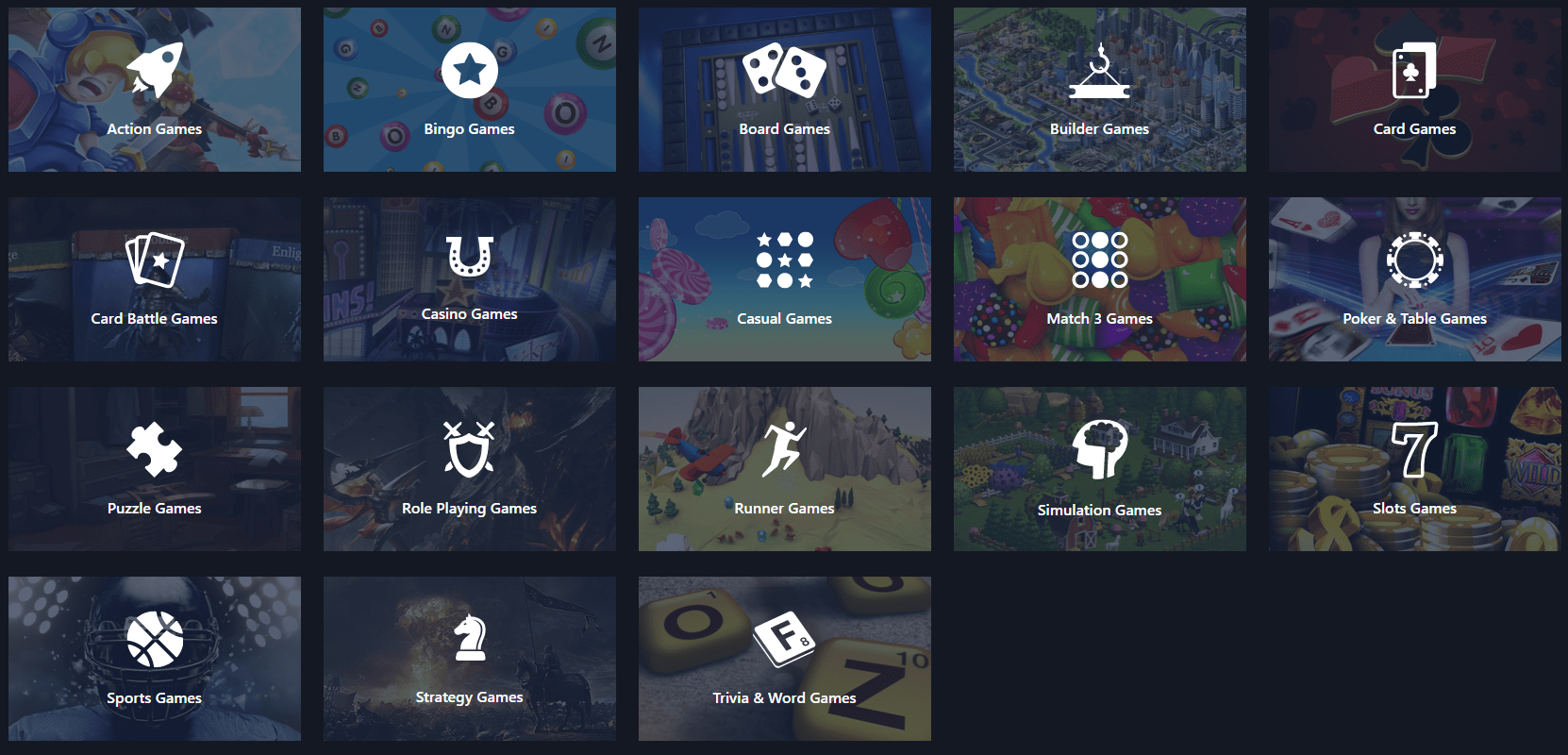
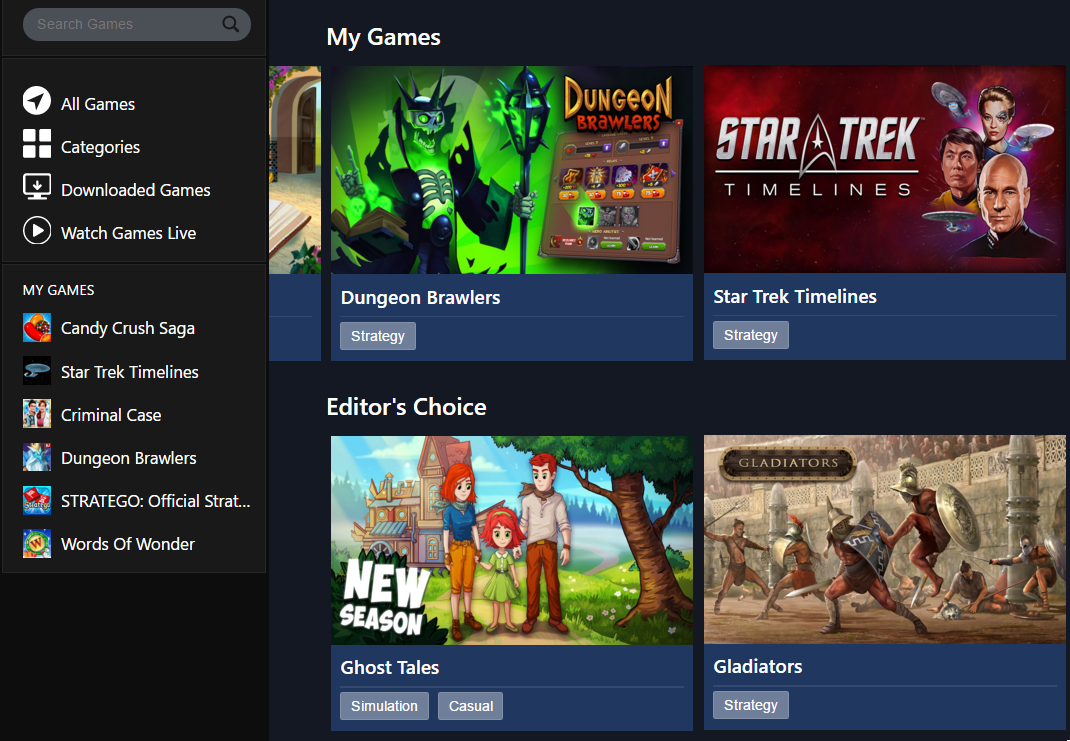





Published: Jan 6, 2017 07:08 am